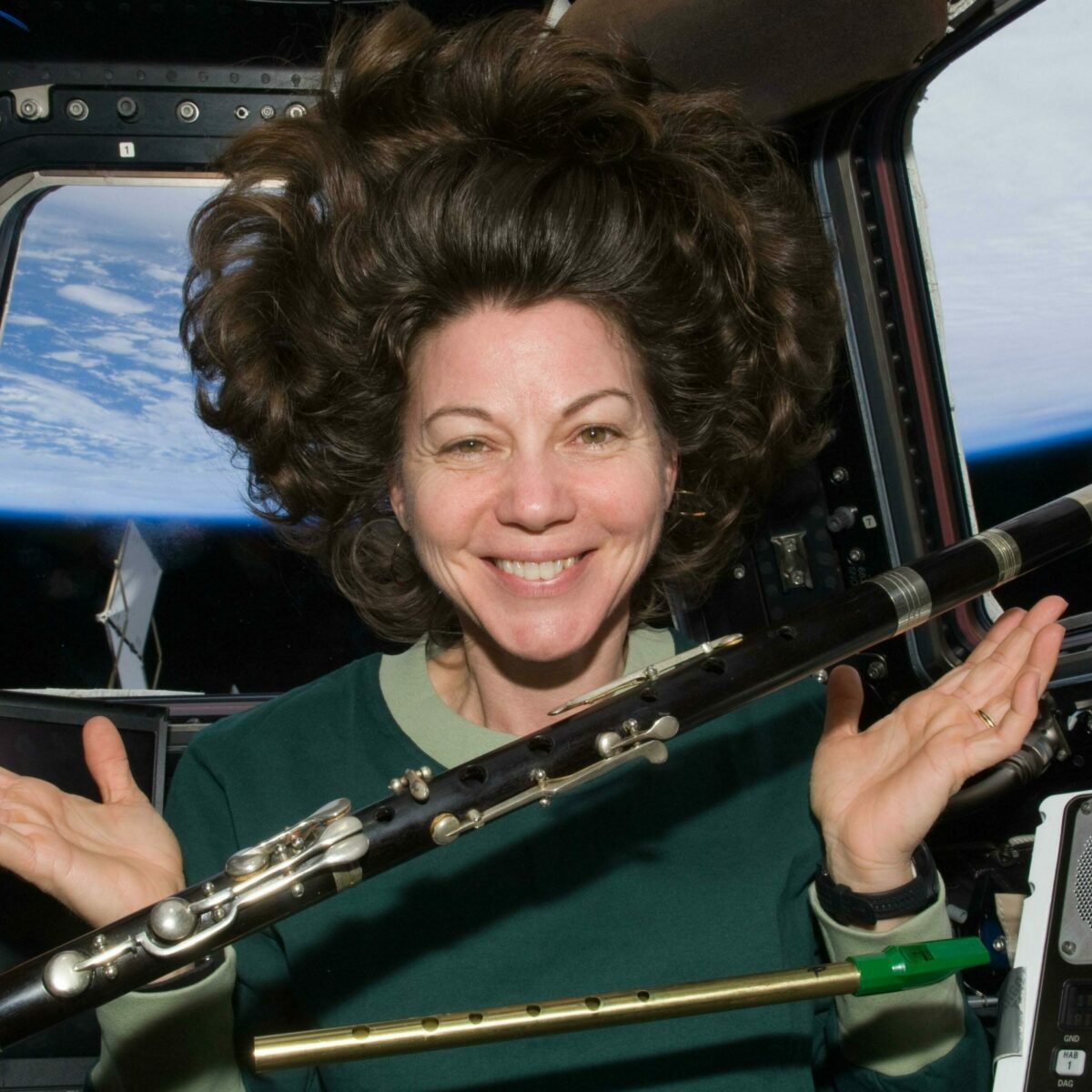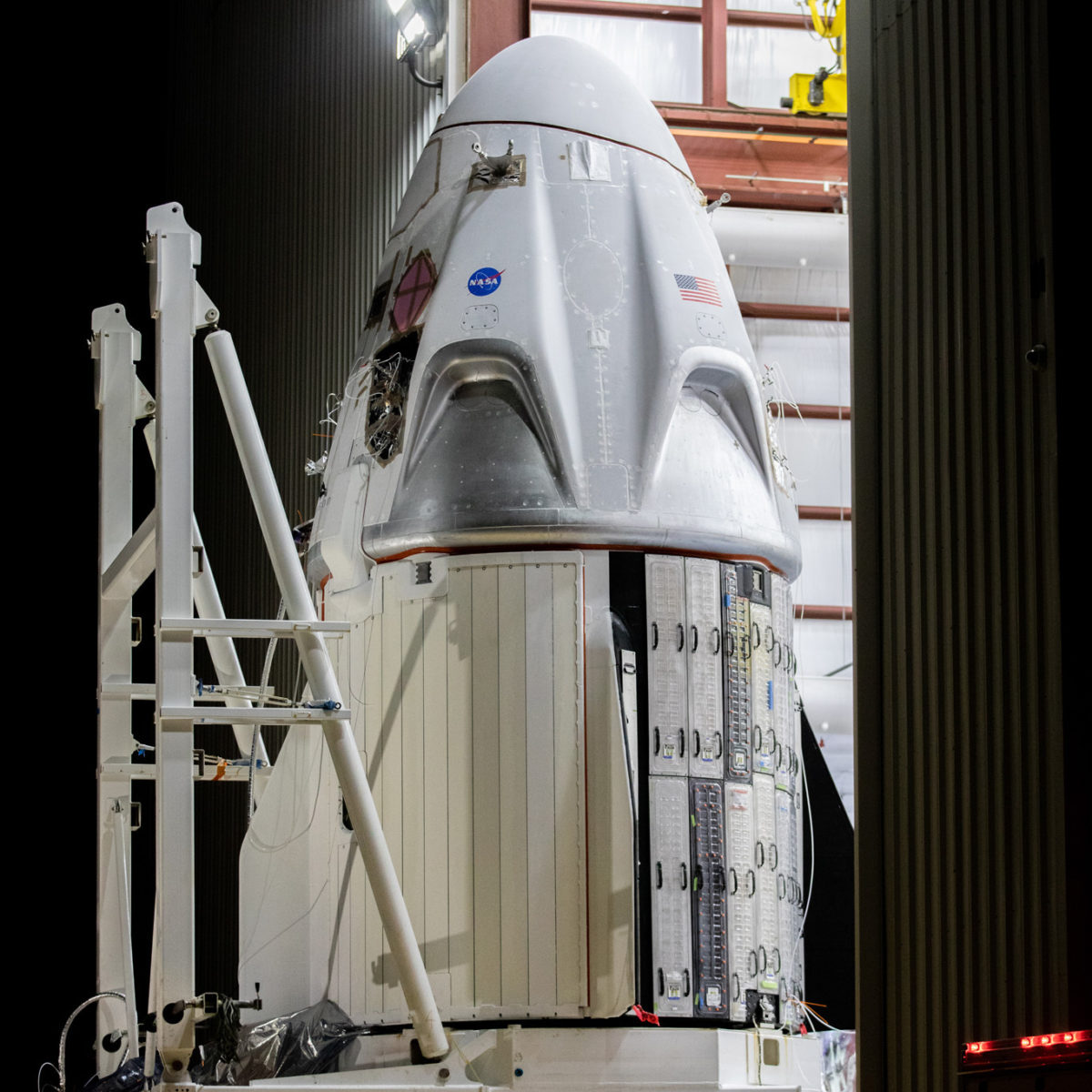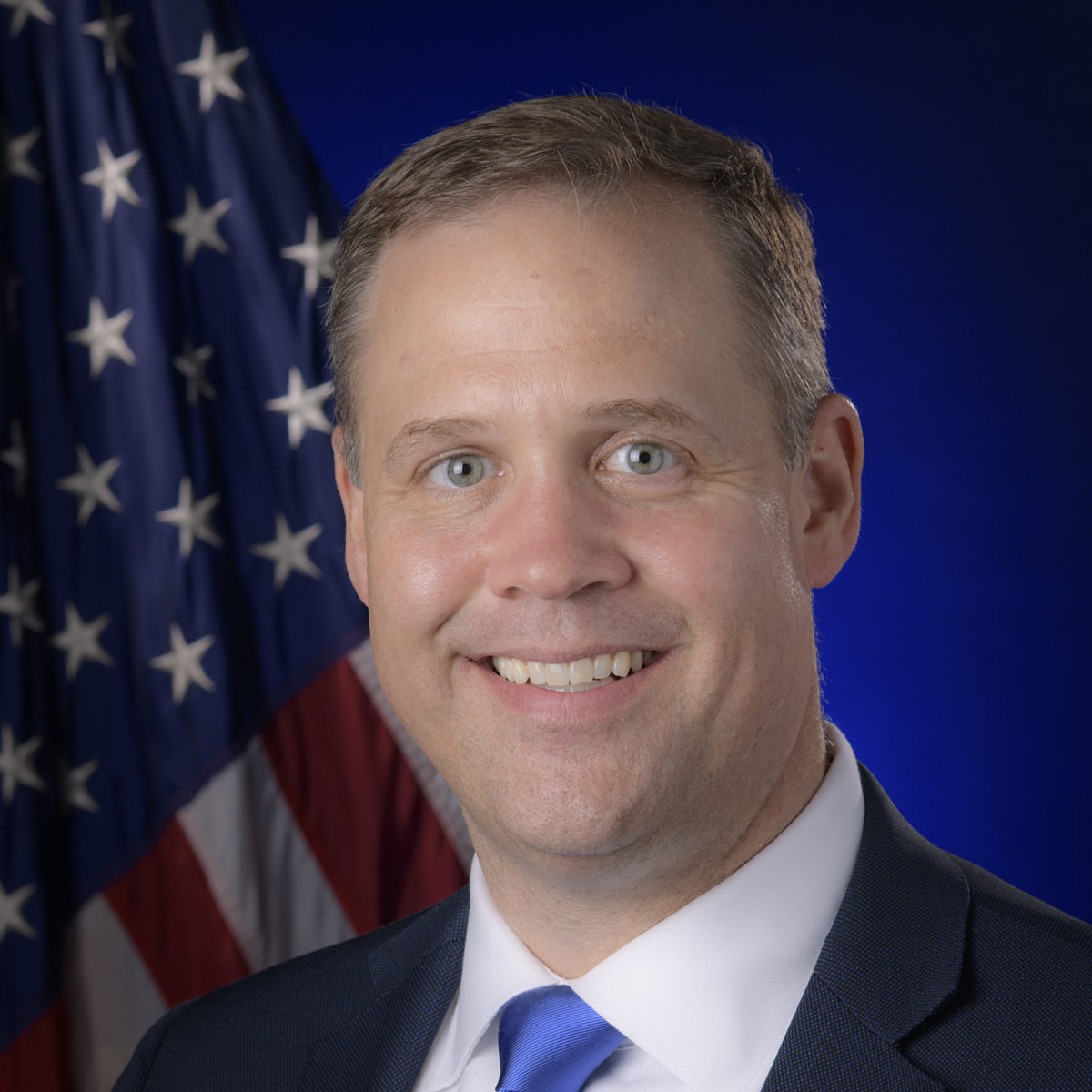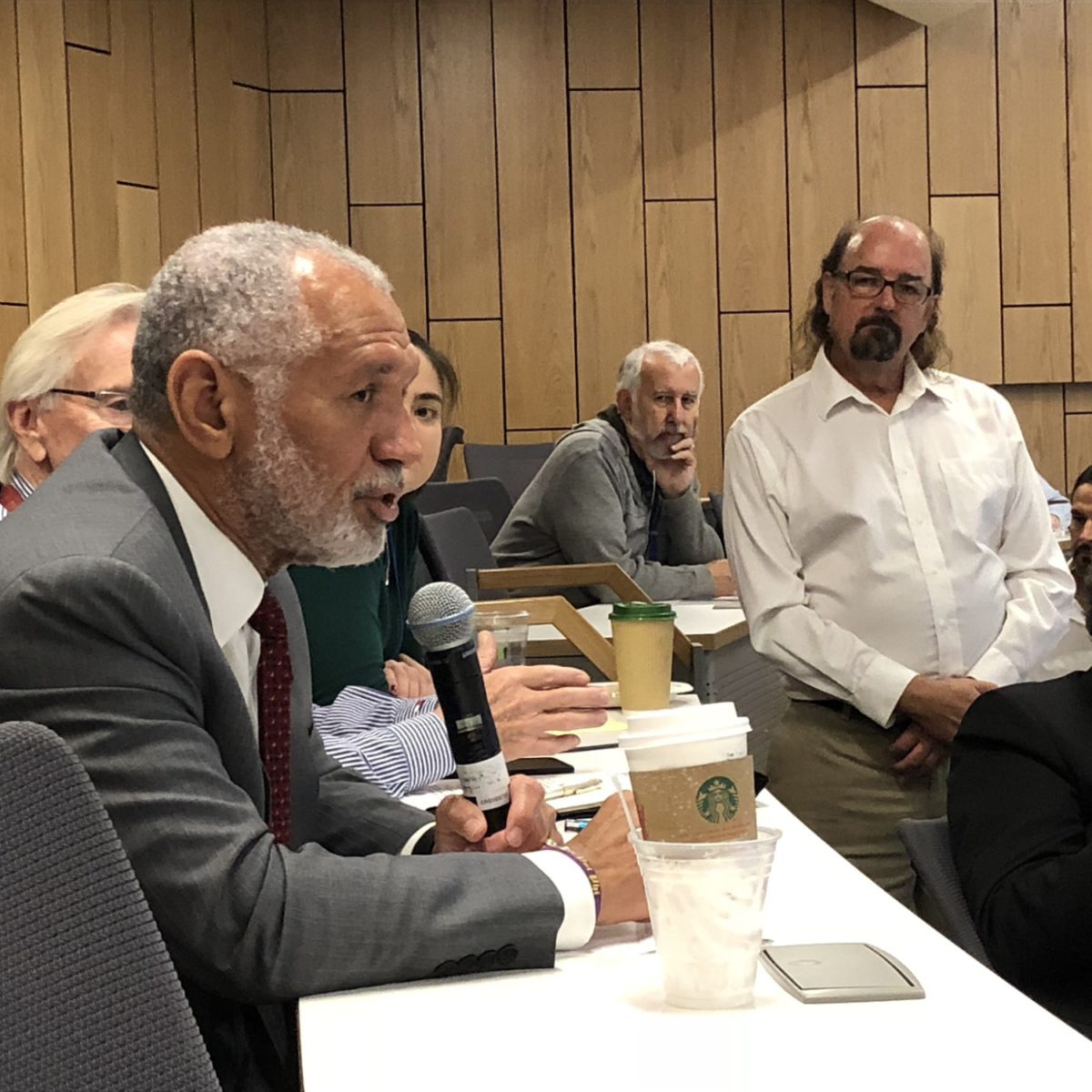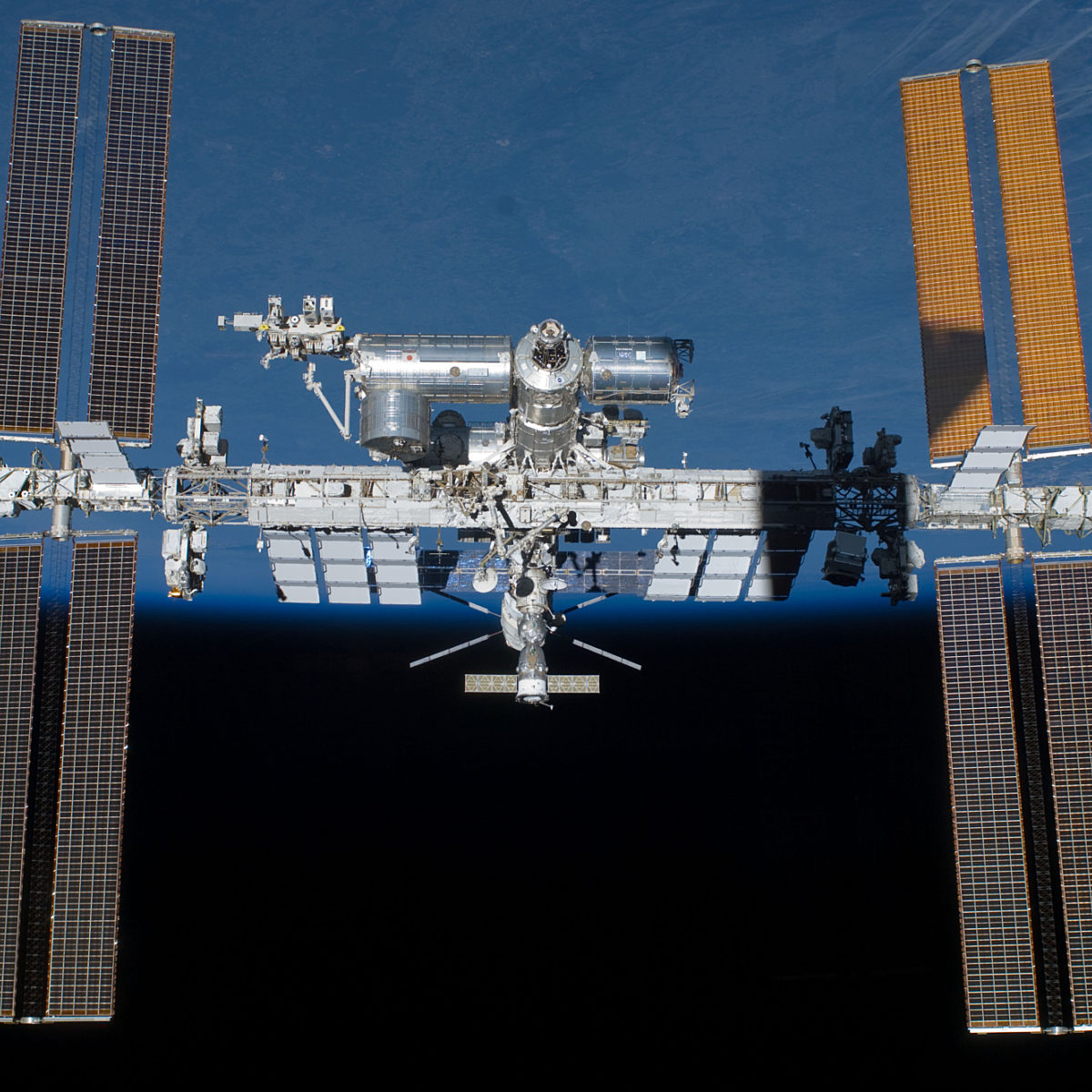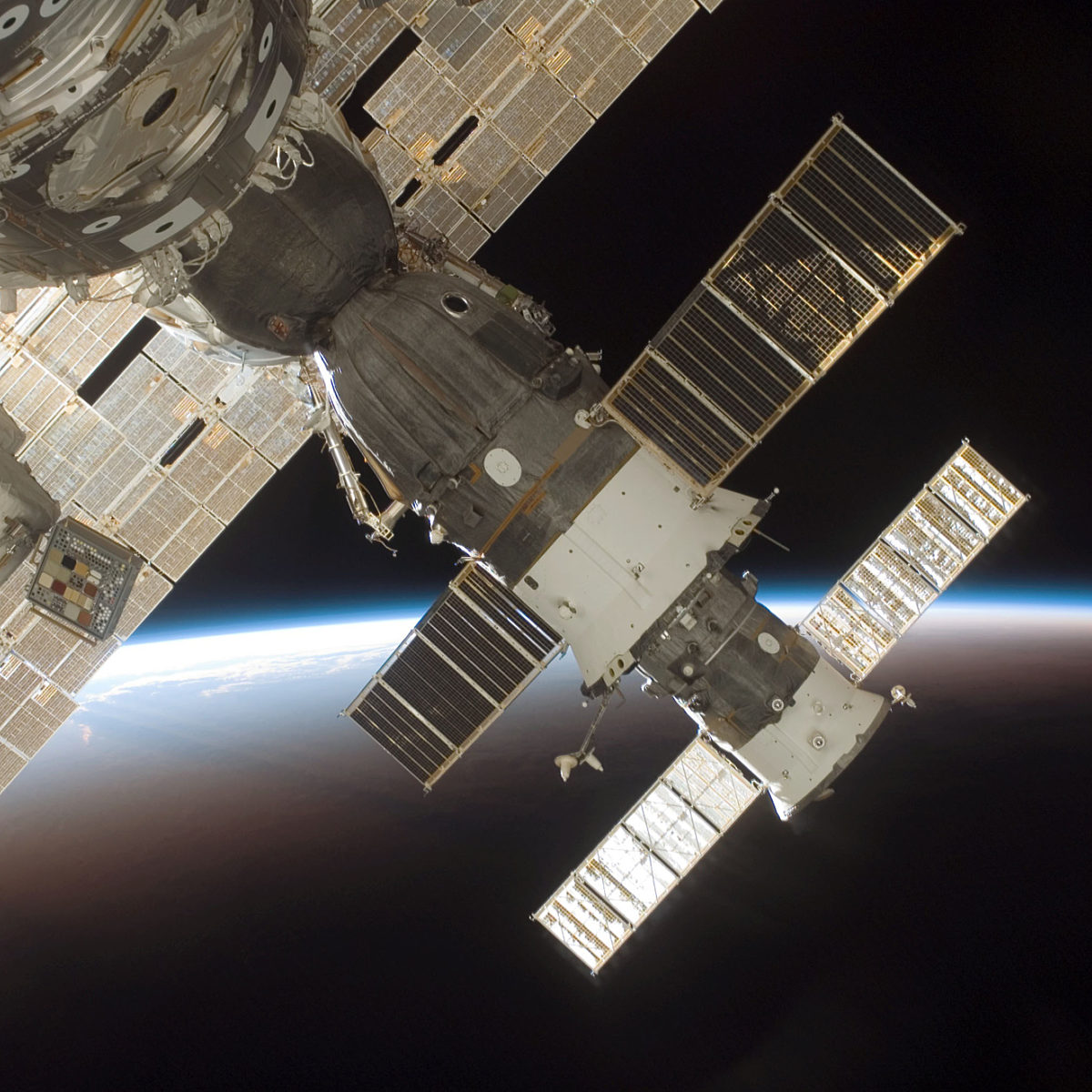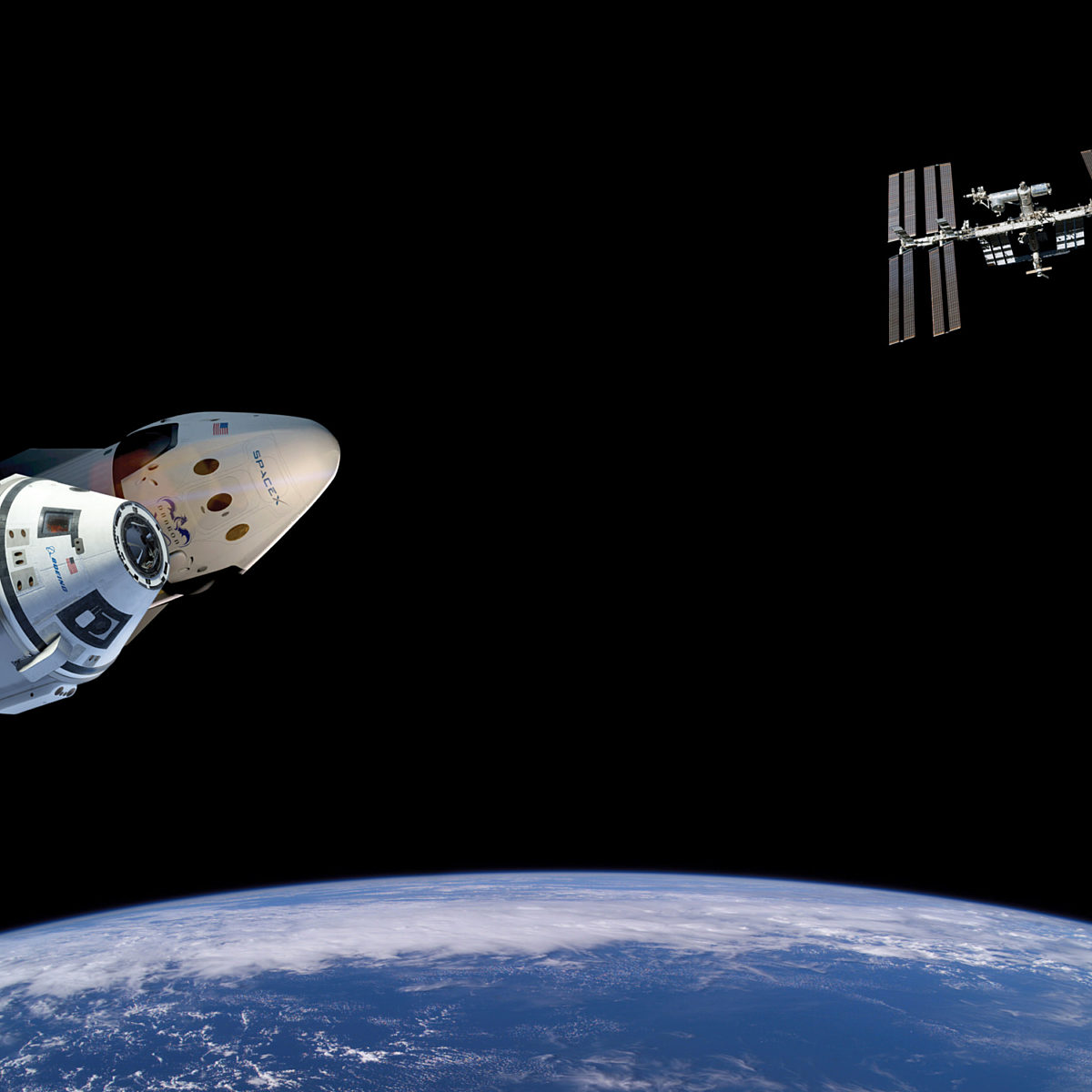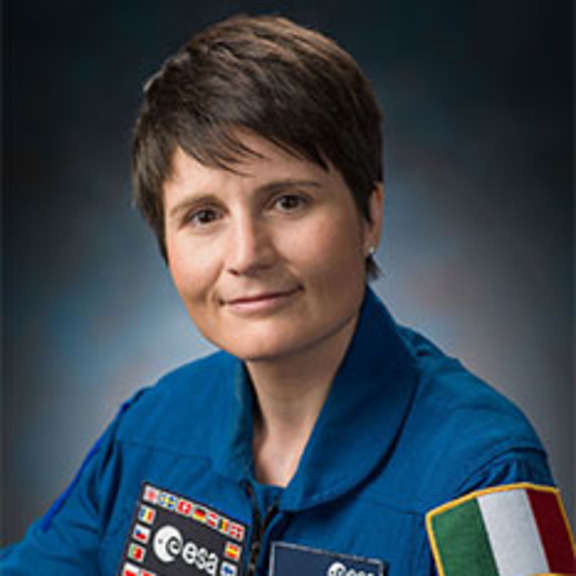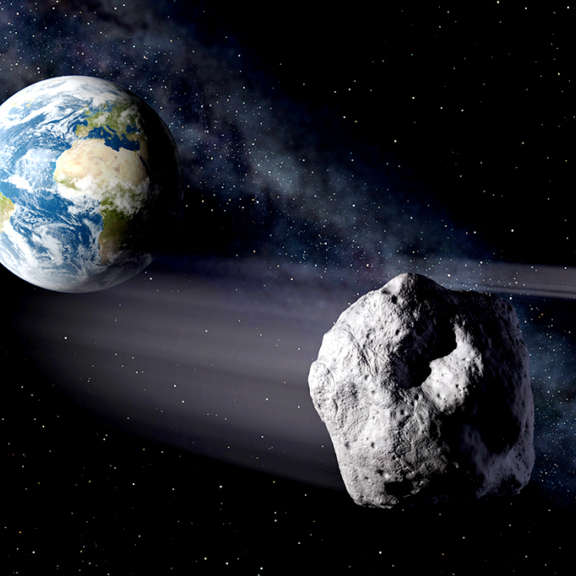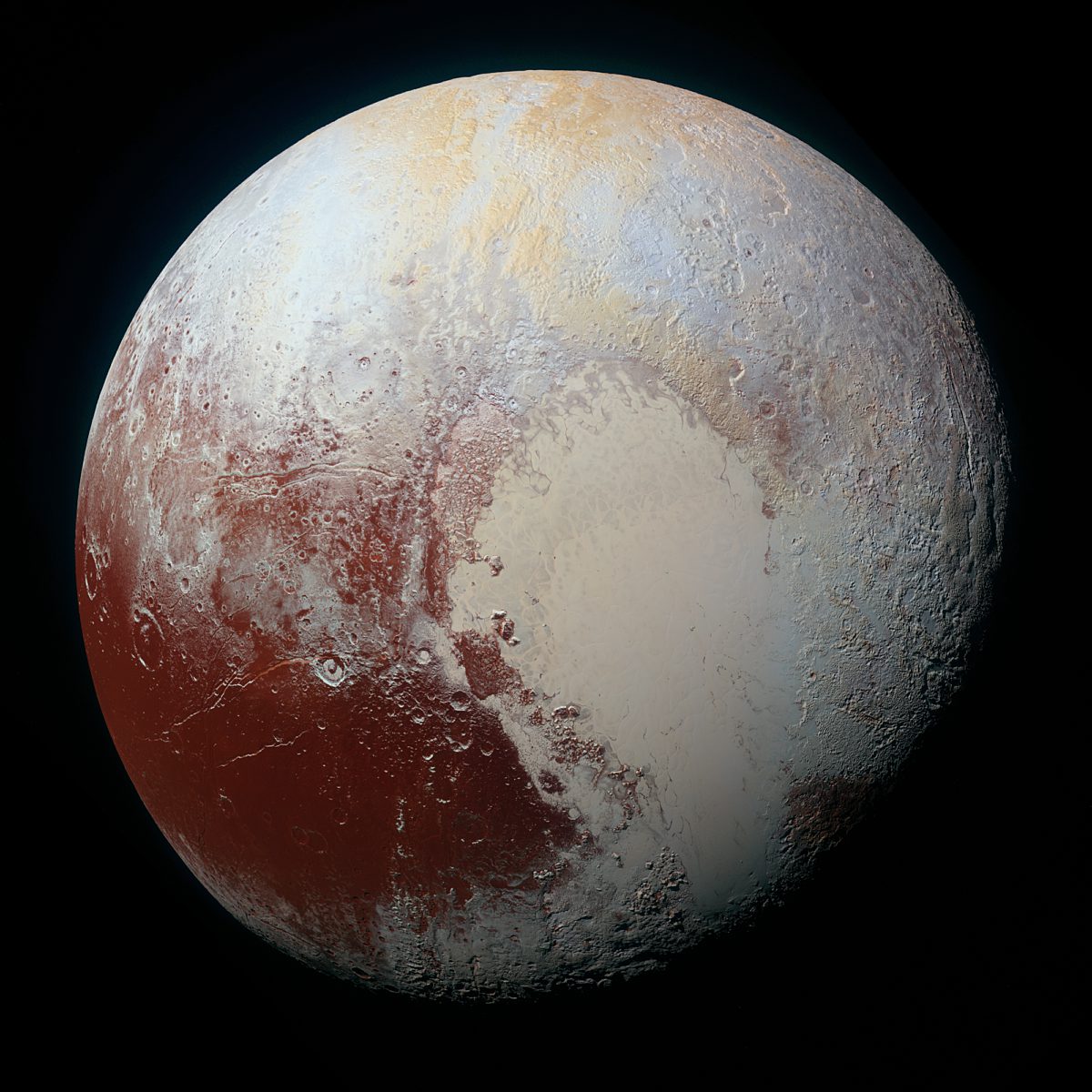Since 2002, Planetary Radio has visited with a scientist, engineer, project manager, advocate, or writer who provides a unique perspective on the quest for knowledge about our Solar System and beyond. The full show archive is available for free.
Search Planetary Radio
International space policy and sustainability expert Mariel Borowitz explores with Casey Dreier how the war in Ukraine reaches beyond Earth in ways that are chilling and surprising.
Seven Planetary Society experts and enthusiasts celebrate 2021’s many space science and exploration milestones.
Director Clare Lewins and NASA astronaut Cady Coleman discuss the new documentary "The Wonderful: Stories from the Space Station."
The safe arrival of SpaceX’s Crew Dragon at the International Space Station is a huge success for NASA and policymakers who gambled years ago on the value of commercial partnerships for the agency.
After a special message we present highlights of the successful arrival at the International Space Station of the Crew Dragon spacecraft, followed by a visit to chilly Mars with planetary scientist Edgard Rivera-Valentin.
Former astronaut Garrett Reisman helped lead development of the SpaceX Crew Dragon spacecraft that is about to carry astronauts to the International Space Station.
The U.S. space agency’s leader describes how NASA is responding to the pandemic crisis as it works to keep projects and missions on track.
The last few days have seen developments that will shape the space exploration plans of Canada and the USA. The Planetary Society’s Kate Howells is a member of Canada’s Space Advisory Board. She reviews the nation’s new space policy.
He led NASA for eight years, but not till he had flown on four Space Shuttle missions and enjoyed a long military career. Charlie Bolden talks with Mat about his time at the space agency and where we’re headed on the final frontier.
Canada was the third country in history to launch a satellite into space, but now lags in its space ambitions, capability, and spending. What happened?
The Senate just held a hearing on NASA's efforts to send humans to...Mars? A week later, the same committee advanced legislation to extend the life of the International Space Station to 2030, six years beyond the current end-date and two years beyond the current hardware safety ratings.
Sextants have helped sailors find their way across oceans for centuries. Now one is onboard the International Space Station so that astronauts can learn to find their way across the solar system even if other technologies fail.
After announcing it intends to divest from the International Space Station in 2025, NASA quietly released a new report on its transition plans, laying out a series of principles that will set the future of U.S. astronauts in low-Earth orbit. Can a private entity really take over the space station? Where did this idea come from anyway?
New U.S. sanctions against Russia have reignited speculation that global politics could undermine cooperation in the International Space Station. Could Russia cut off rides for US astronauts to the ISS? Later, Casey Dreier joins Spark Science host Dr. Regina Barber Degraaff for a conversation with U.S. Congressman Rick Larsen, Democratic representative of Washington state’s 2nd District. We also check in on NASA's 2018 budget, which is currently moving through the Senate. Did they provide funding for a new Mars orbiter?
Astronauts may soon ride on US rockets and in US spaceships for the first time since the last Space Shuttle flight. Jon Cowart of NASA is working with SpaceX toward the first launch of a Dragon spacecraft with humans on board.
Happy Yuri’s Night! We’re partying under Space Shuttle Endeavour in the first of two shows featuring interviews from the worldwide celebration of space. Star Trek’s Robert Picardo will talk about his new video newsletter, the Planetary Post, and we’ll visit with Samantha Cristoforetti, who returned last June from 200 days aboard the International Space Station.
Julielynn Wong came directly from her 30-day long HERA IX deep space simulation to our microphone. We talk with her about the experience, and her progress toward 3D medical device printing solutions for astronauts and Earthbound humans.
Lindley Johnson has just been named NASA's first Planetary Defense Officer. He's joined on this week's PlanRad by astronomer Kelly Fast, the new manager of the Near Earth Object Observation Program.
Bruce Betts, Jason Davis, Casey Dreier and Emily Lakdawalla gather with Mat Kaplan for a fascinating and informative Planetary Radio Extra year-in-review roundtable discussion.
Our year-end review features the “best of 2015” lists from Jason Davis, Casey Dreier, Emily Lakdawalla and Bill Nye the Science Guy. What’s Up offers planets, a comet, and a nice prize package for the space trivia contest.


 Explore Worlds
Explore Worlds Find Life
Find Life Defend Earth
Defend Earth




